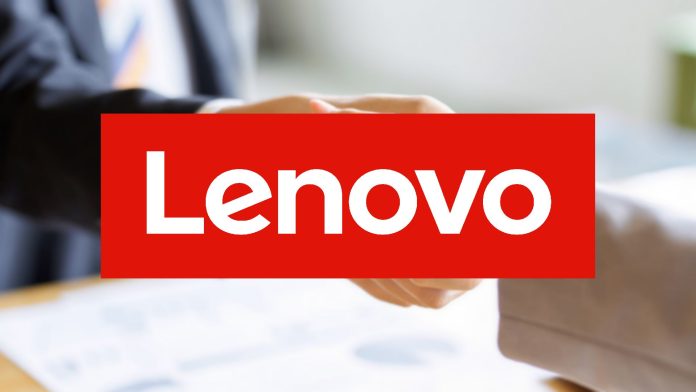On this day 20 years ago, Lenovo marked a pivotal moment in its evolution by completing the acquisition of IBM’s Personal Computing Division. This bold move has not only reshaped Lenovo’s trajectory but also transformed it into a dominant player in the technology market.
Since the acquisition, Lenovo has emphasized two core strengths: innovation and operational excellence. According to Yuanqing Yang, Lenovo’s chairman and CEO, “We’ve redefined what’s possible in personal computing, introduced entirely new device categories, expanded our portfolio to include mobile phones, infrastructure, as well as services and solutions, and built a balanced global operating model that is both agile and resilient.” These principles remain central to Lenovo’s strategy as it faces the future.
For small business owners, Lenovo’s journey offers valuable lessons in adaptability and growth. By continually innovating and diversifying its product offerings, Lenovo has positioned itself to meet changing consumer needs and market demands. This serves as a reminder for small businesses to focus on innovation, whether by adopting new technologies or identifying untapped markets.
The integration of AI is another critical aspect of Lenovo’s current strategy. Yang stated, “Looking ahead, we stand at the forefront of a profound transformation driven by AI. Already reshaping how individuals and enterprises operate, AI will accelerate even more disruptive innovation in the years to come. This is Lenovo’s moment to lead.” For small businesses, embracing AI can streamline operations, enhance customer interactions, and ultimately provide a competitive edge in an increasingly tech-driven landscape.
Despite its success, the acquisition journey has not been without challenges. The merging of distinct corporate cultures between Lenovo and IBM required careful navigation. Small business owners should consider the importance of aligning organizational values and workplace cultures, especially in collaborative partnerships or mergers.
Reflecting on Lenovo’s growth, notable achievements include becoming the third-largest PC manufacturer globally shortly after the IBM acquisition. Over the years, the company established its reputation by maintaining the number one position in the PC market. Such rapid growth serves as an aspirational benchmark for small companies aiming to expand their market presence.
Industry recognition of Lenovo’s adept integration serves as further validation of strategic mergers. PCMag highlighted the hard work involved in merging Chinese and U.S. business cultures, emphasizing that the successful collaboration contributed significantly to Lenovo’s growth. TIME similarly noted the merger as a case study in successful international business collaboration, providing a roadmap for smaller businesses contemplating similar ventures.
Watching Lenovo’s trajectory reinforces the importance of community and cultural integration alongside technological advancements. While technology is crucial, forging connections and enhancing community relations are vital to sustainable growth.
In 2025, Lenovo continues to capitalize on this legacy with ongoing growth across multiple business sectors, showcasing an award-winning global supply chain and commitments to sustainability. This reinforces the message for small business owners: addressing operational resilience and social responsibility can provide a foundation for long-term success.
As the landscape of technology and business continues to evolve, Lenovo’s achievements and ongoing strategies provide actionable insights. Small business owners can learn from Lenovo in areas such as innovation, cultural integration, and the adoption of advanced technologies. By focusing on these elements, small businesses can position themselves to thrive amidst competitive pressures and emerging market trends.
For more detailed insights on Lenovo’s acquisition of IBM and its implications, visit the original post here.
Image Via Envato: cait00sith



